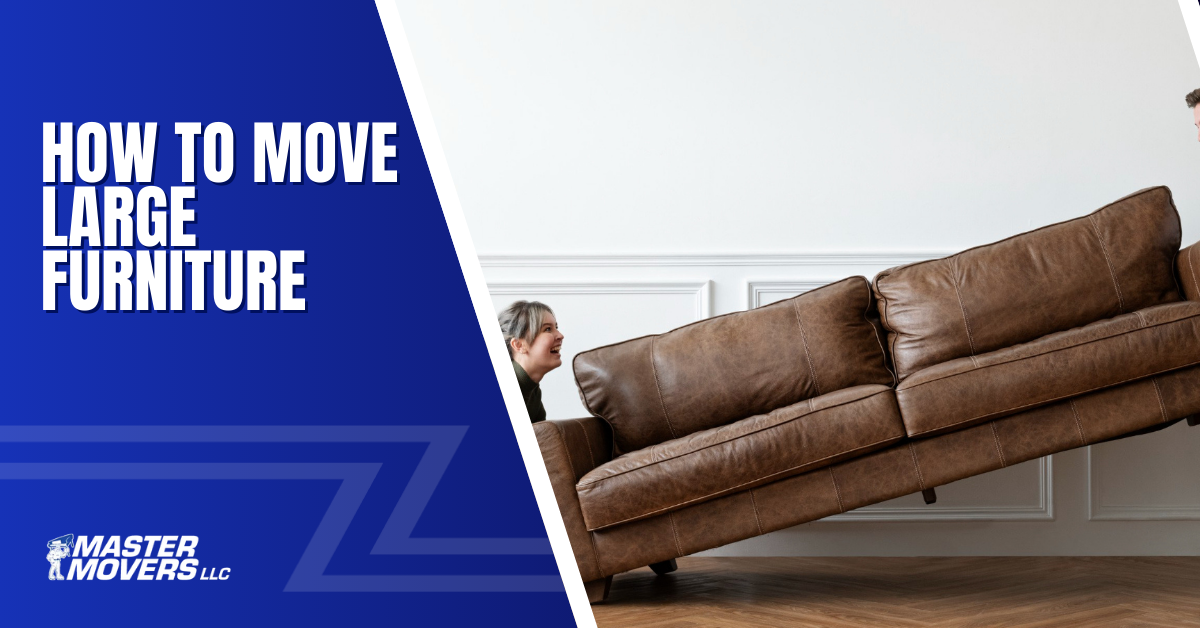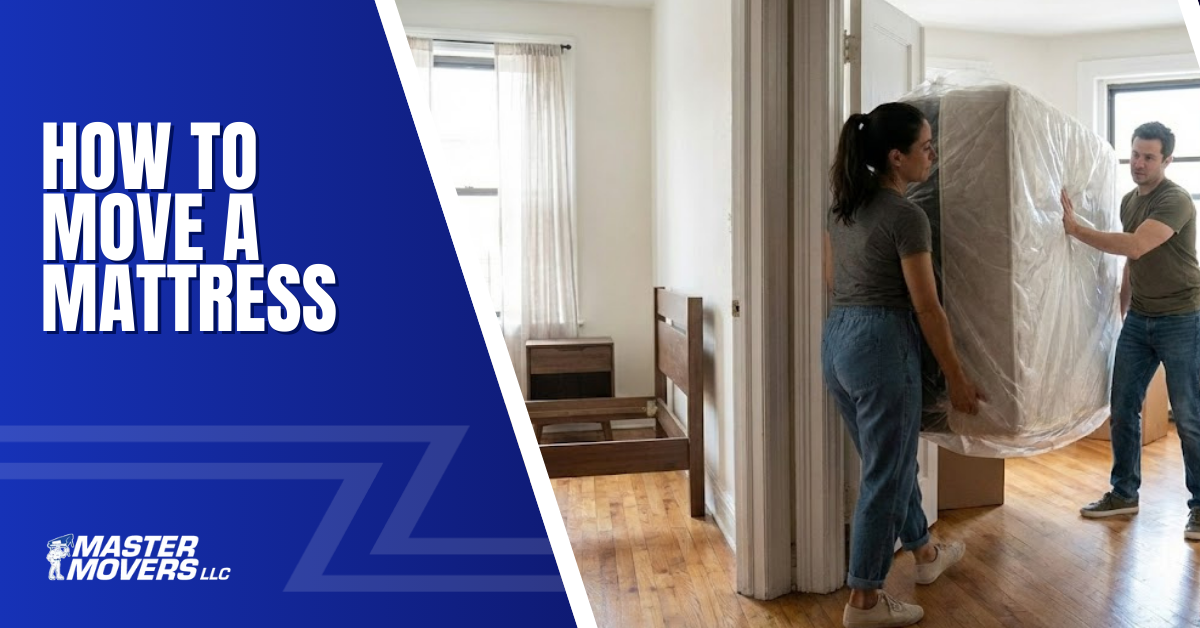Moving Out On A Budget: Cost-Saving Strategies For Apartment Movers
nick • July 13, 2023

Discover cost-saving strategies for apartment movers and make your move more affordable. Our expert tips and tricks will help you minimize expenses without compromising on quality.



